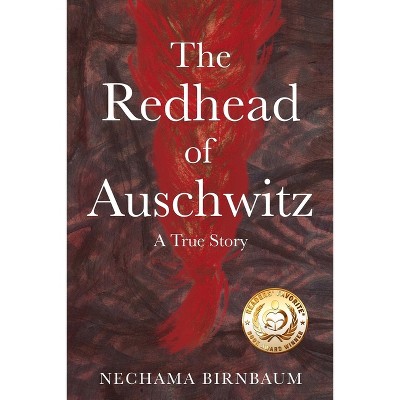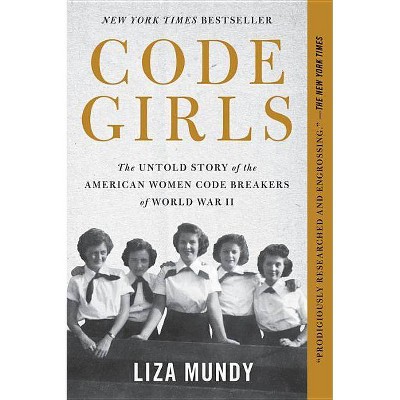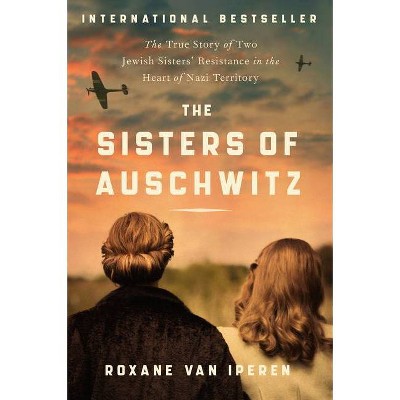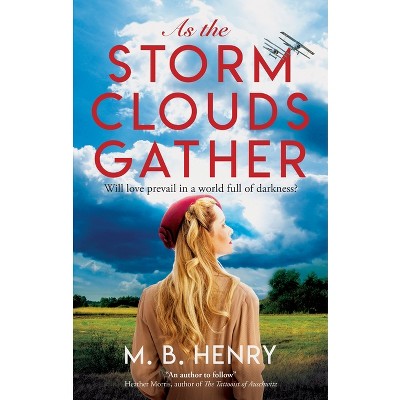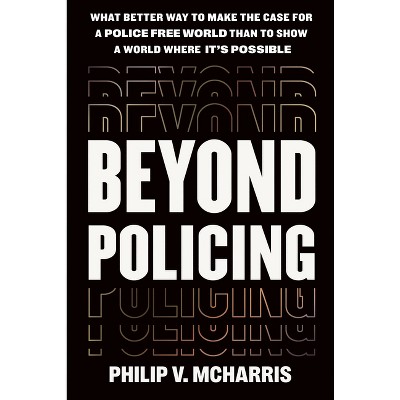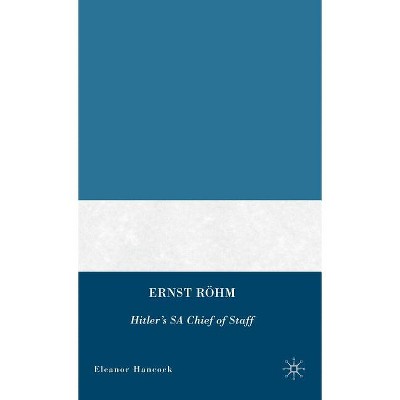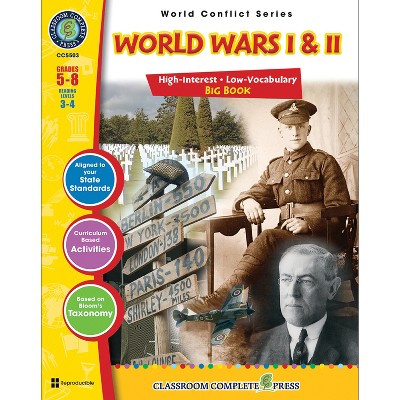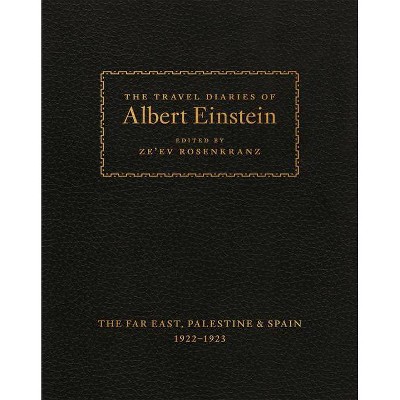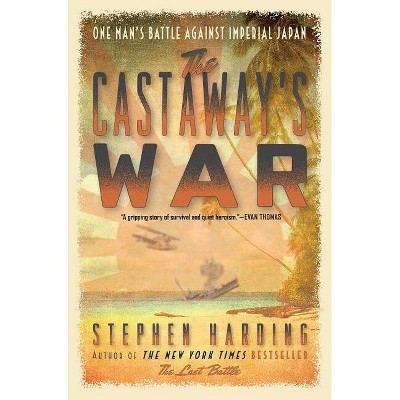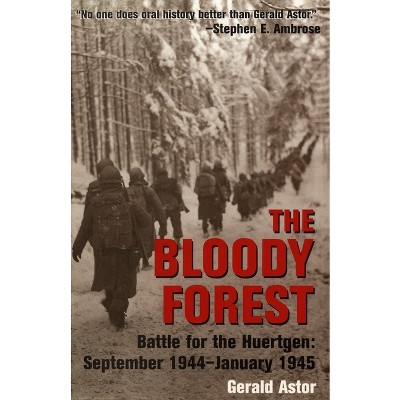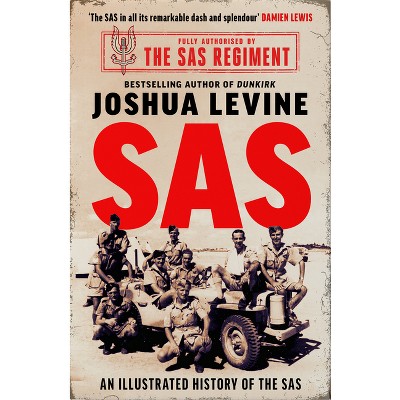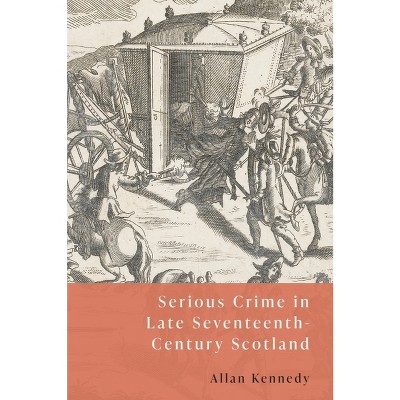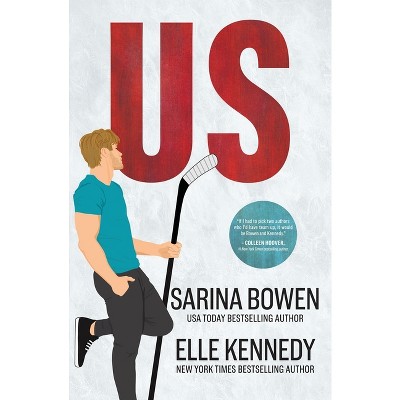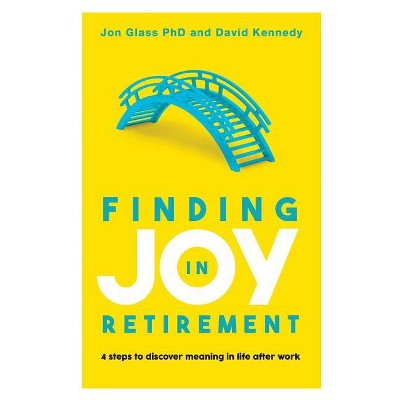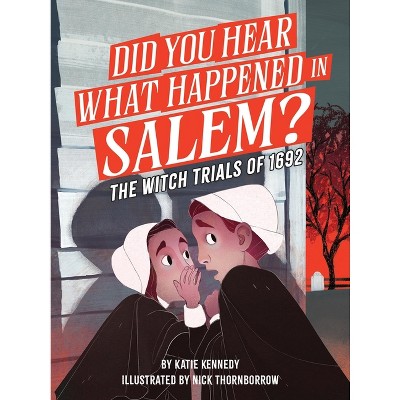Sponsored

The Children's War - by R Kennedy (Hardcover)
In Stock
Sponsored
About this item
Highlights
- British children were mobilised for total war in 1914-18.
- About the Author: Rosie Kennedy completed her PhD in 2006.
- 189 Pages
- History, Europe
Description
About the Book
"British children were mobilised for total war in 1914-18. War dominated their teaching and school experience, it was the focus of their extra curricular activities and they enjoyed it as a source of entertainment in literature and play. Children were not shielded from the war because it was believed their support was vital for Britain's present and future. The study of children's lives provides a unique perspective on British society during the First World War. It lets us get to the very essence of how Britain's adults perceived the war and allows us to explore the methods society used to communicate with itself. Children's connection to the war, however, was personal. Millions had a relative in the army and those that did not had friends, neighbours and teachers involved in the fighting. Their participation, therefore, while shaped by adults, was motivated by a desire to remain in touch with their absent fathers and brothers"--Book Synopsis
British children were mobilised for total war in 1914-18. It dominated their school experience and they enjoyed it as a source of entertainment. Their support was believed to be vital for Britain's present and future but their participation was motivated by a desire to remain connected to their absent fathers and brothers.Review Quotes
"It was not only adults who became mentally and physically committed to the war for, as Rosie Kennedy demonstrates in this fascinating study, children were mobilised and, to a large extent, mobilised themselves . . . This study, which . . . is based on extensive research, is an important contribution to our knowledge of British society during the Great War. It is also eminently readable." - Times Higher Education
"A fascinating investigation into an overlooked generation. Carefully researched and compiled, this is an excellent source of materials for anyone studying World War One." - Centenary News
"It is the achievement of this book that, when recently confronted with a photograph of British children attending the Armistice Day commemorations, their deceased fathers' medals pinned to their coats, my mind turned immediately to Kennedy's invocation of the need to reflect on the emotional and psychological significance of children's participation in the Great War, and of the importance of considering soldiers not just as husbands and sons, but as fathers too." - Dr Rebecca Gill, Reviews in History
About the Author
Rosie Kennedy completed her PhD in 2006. She has been a Visiting Tutor in the History Department of Goldsmiths College, University of London, UK since 2004.Shipping details
Return details
Frequently bought together

Guests also viewed
